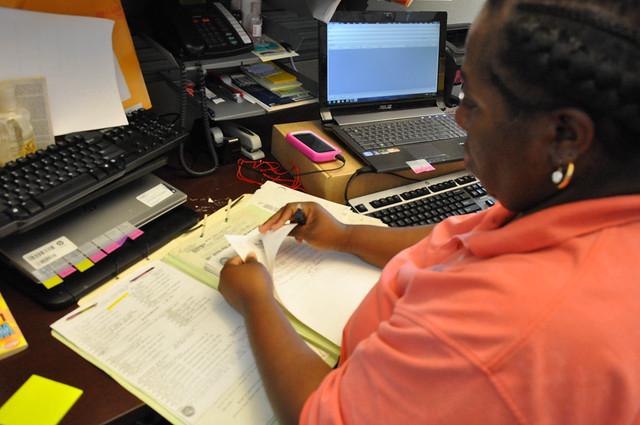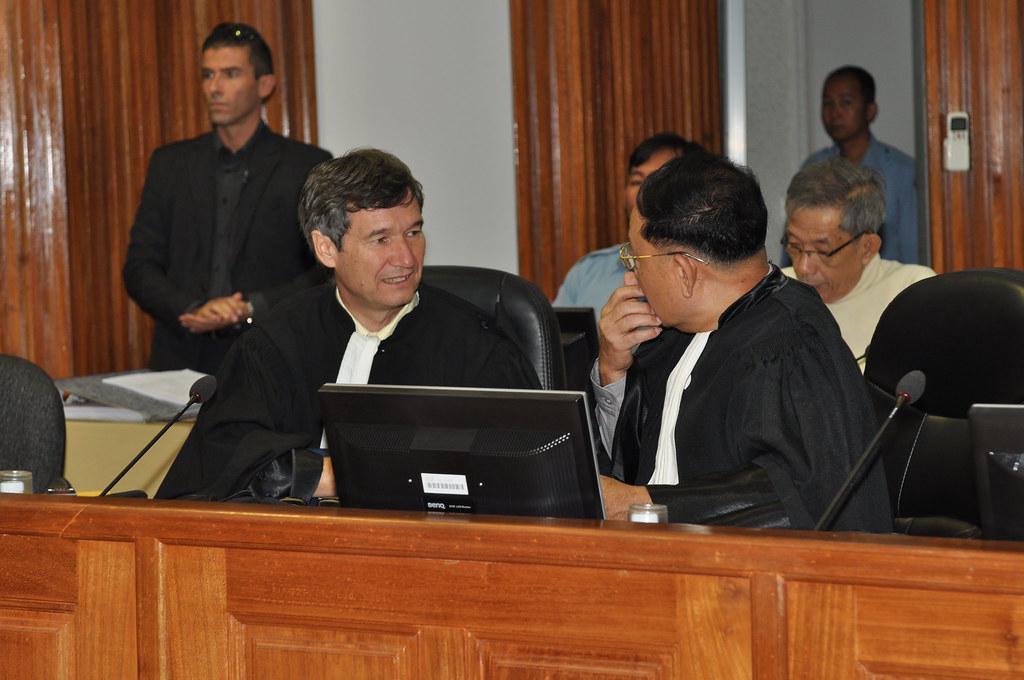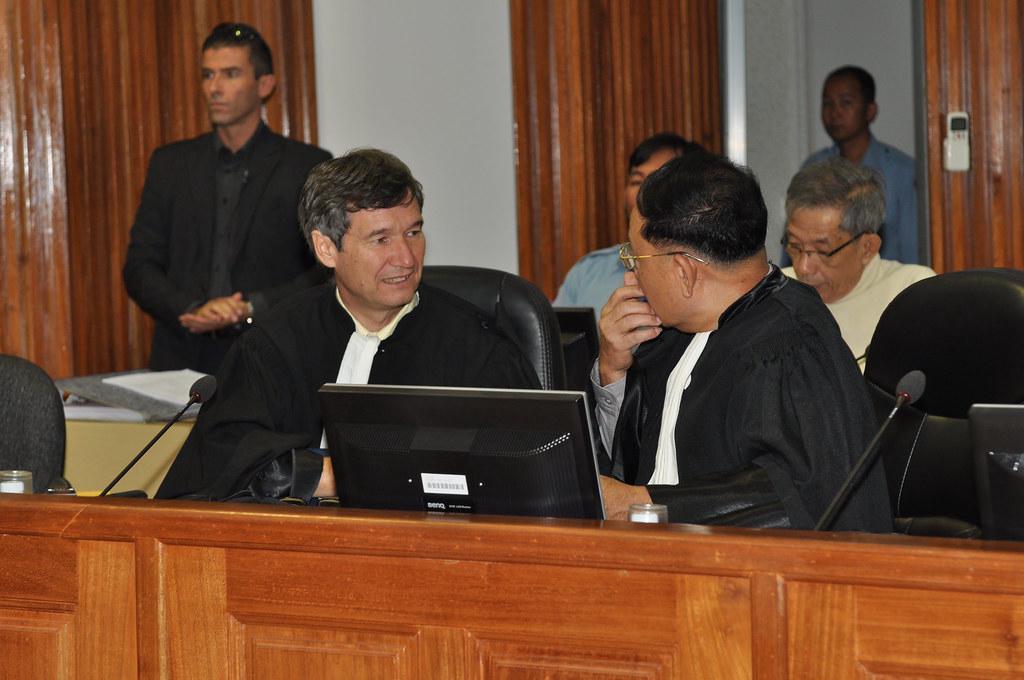Estate Planning
Estate lawyers specialize in drafting crucial legal documents such as:
- Wills
- Trusts
- Powers of attorney
- Healthcare directives
These documents provide instructions for asset distribution and decision-making. Wills outline how possessions should be divided after death, while trusts manage assets according to specific conditions. Power of attorney allows someone to make decisions on your behalf if needed, and healthcare directives cover medical choices.
Estate lawyers also focus on efficient asset transfer strategies, advising on gift and estate tax planning to help preserve estate value. They assist in minimizing probate involvement where possible and guide clients through necessary probate steps when required.
When disputes arise, estate attorneys mediate and resolve issues between beneficiaries or contested wills. They also advise fiduciaries like executors and trustees on their legal responsibilities in managing the estate.
Advising Executors
Estate lawyers provide crucial guidance to executors navigating the complexities of estate administration. They help executors:
- Gather and organize estate information
- Understand tax obligations
- Distribute assets according to the will’s terms and legal requirements
These attorneys assist with various tax filings, including estate taxes and final individual income taxes. Their expertise helps executors avoid costly mistakes and ensure legal compliance throughout the process.
The partnership between estate lawyers and executors combines the executor’s personal understanding of family dynamics with the lawyer’s legal precision, enabling effective and lawful execution of estate duties.

Probate and Estate Administration
Probate involves validating the will and managing the deceased person’s estate. Estate lawyers guide clients through court procedures, proving the will’s authenticity and addressing any contesting claims.
Once the will is approved, lawyers assist in managing estate affairs, including:
- Addressing debts
- Organizing assets
- Preparing for distribution to beneficiaries
They provide clarity on complex decisions and handle any legal challenges that arise during the process.
Throughout probate, estate lawyers act as skilled conductors, ensuring each aspect of estate administration proceeds smoothly and efficiently.

Dispute Resolution
Estate lawyers play a crucial role in resolving conflicts that arise during estate matters. They handle:
- Will contests
- Investigations of undue influence claims
- Questions about the testator’s mental state
These attorneys mediate disagreements among beneficiaries, aiming to maintain family harmony while respecting the decedent’s wishes.
In tax-related disputes, estate lawyers negotiate with authorities to resolve issues and potentially reduce liabilities. Their expertise in both legal and interpersonal aspects allows them to navigate complex situations effectively.
Litigation Over Estates
When disputes escalate to litigation, estate lawyers represent clients in court. They handle:
- Contested wills
- Executor disagreements
- Tax controversies
These attorneys employ their legal expertise to establish will authenticity, advise on executor duties, and address complex tax issues.
Estate lawyers aim to protect their clients’ interests and the estate’s integrity throughout the litigation process. They work to safeguard the decedent’s intentions while striving to maintain family relationships when possible.

Tax Planning and Strategy
Estate lawyers develop sophisticated strategies to minimize tax liabilities on estates. They utilize various tools such as:
- Trusts
- Lifetime gifting
- Charitable planning
Revocable living trusts and irrevocable trusts serve different purposes in tax planning, from bypassing probate to removing assets from taxable estates. Lawyers advise on annual gift tax exclusions to gradually decrease estate value, and they incorporate charitable remainder trusts for clients with philanthropic goals.
Life insurance trusts are another strategy used to cover estate tax liabilities without increasing the taxable estate. Estate lawyers tailor these approaches to each client’s unique financial situation and goals, ensuring flexible plans that adapt to changing conditions over time.
Estate planning provides clarity and confidence for the future. Estate lawyers help protect what matters most, ensuring that legacies are honored and loved ones are cared for.